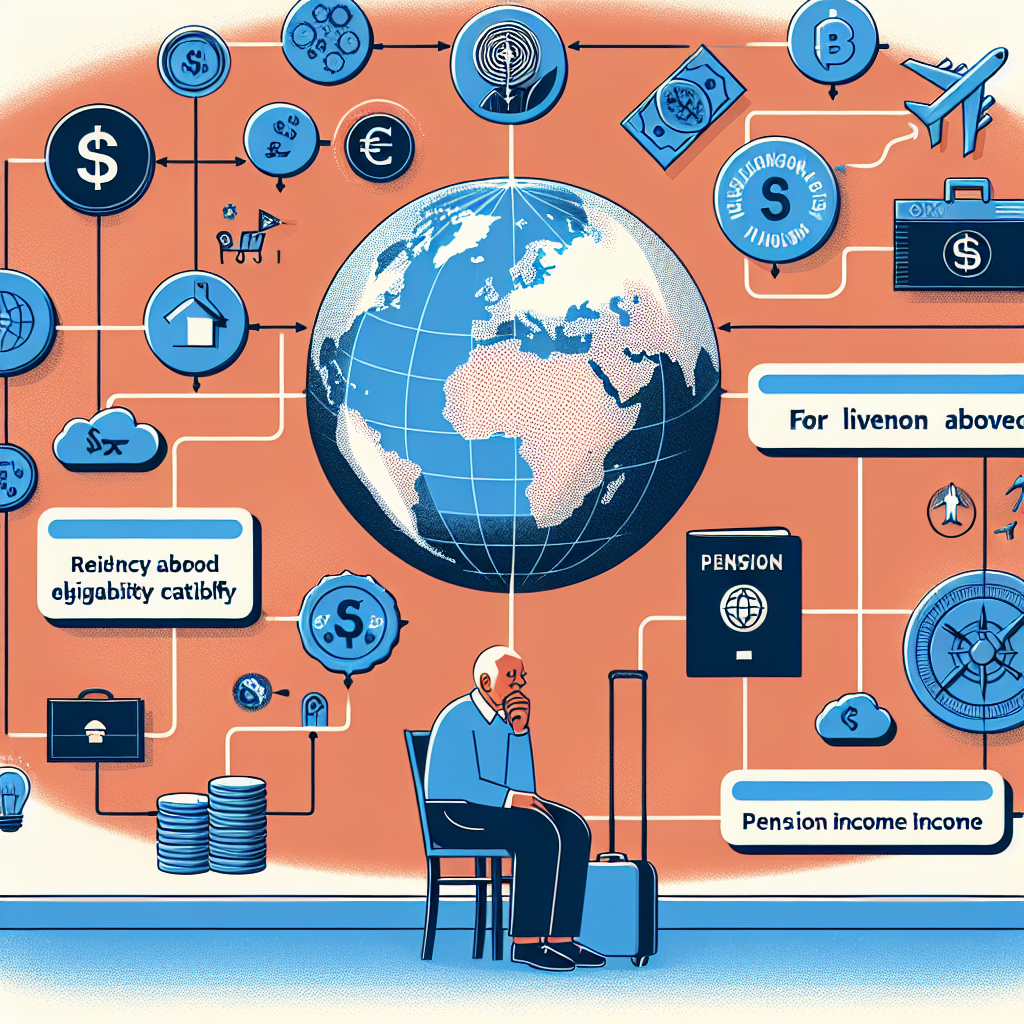
The Illusion of Control
by bernt & torsten
In today's digital age, the illusion of control over our choices is pervasive and persuasive. We are led to believe that our decisions are solely ours, crafted from the wealth of information seemingly at our fingertips. However, this perception masks a reality in which we are but small components in a global system heavily influenced by technological giants.
My social media presence is vast, with several thousand "friends" on platforms like Facebook. Many of these connections are mere digital acquaintances, having clicked "accept" without a second thought. Our interactions are orchestrated and driven by complex algorithms designed to weave intricate networks among users. These algorithms link us to and distance us from one another based on patterns beyond our comprehension.
This technological manipulation has led to unexpected revelations about some of my connections. I've encountered posts that perpetuate outdated and offensive stereotypes—jokes with racist undertones or unfounded criticisms of mainstream media. For instance, a recurring attempt at humor suggests that in a burning building, only certain individuals survive due to their employment habits, a cringe-worthy jab at nationality and race. It's content that queasily navigates racial and social boundaries.
Faced with such posts, I'm caught in a predicament. While my policy has been to block only those who blatantly disrupt civil discourse—extreme ideologues or deliberately provocative trolls—the challenge intensifies with casual offenders. It forces me to reconsider: Do I cut ties with those who indirectly condone divisive rhetoric? Block or unfollow, I risk isolating myself further within an echo chamber where dissenting voices are absent.
We exist in an era where personalization of news and media encourages this silo effect. Social platforms fill our feeds with content that reaffirms our views, handpicked and curated through our digital footprints. This leads to the propagation of conspiracy theories and misinformation, from doubts about health initiatives to mischaracterized global events.
Behind the scenes, unknown figures adjust the algorithms that dictate these manipulations. These changes transform our social experiences, introducing provocateurs and agitators into our narratives. The unsettling realization is that a strategic force dictates elements of our lives, crafting our perception without our explicit consent.
Despite unprecedented access to information, we remain bound by the confines of a curated narrative. The advertisements echo a message of individual choice: consuming at your convenience, curating news experiences tailored for you. Yet, the mechanisms of content delivery tightens its grip, suggesting destinations and products based on our every click. This is not freedom; it's persuasion disguised as autonomy.
We are living in a grand illusion. Although technology professes to empower with choice, it subtly wrests control, programming our experiences. A century ago, people arguably existed with fewer societal constraints, albeit in different forms. Yet today, massive datasets assess my online habits, concluding what will captivate me most—shock value via inappropriate content, for example. This tactic snares my attention, inadvertently fueling a cycle that benefits the elite of Silicon Valley.
My reaction to these inputs—a mix of concern and indignation—feeds back into this system, generating the very engagement the algorithms pursue. This piece, too, becomes part of that cycle, drawing eyes and attention, inadvertently enriching the world's wealthiest. The integrity of the larger social fabric remains an afterthought in this relentless drive for attention and profit.
As society grapples with the complexities of this digital age, it's imperative to reflect on the true nature of the autonomy we believe we're afforded. The challenge lies in navigating this sophisticated landscape, understanding that our perceived freedom might be an elaborate simulation, a carefully constructed illusion.

Navigating the Procrastination Pitfalls of the AI Tool Explosion
Maintaining focus and productivity is crucial in an era defined by a constant influx of AI...

The Impact of Living Abroad on Pension Eligibility and Income
Understanding how pension systems interact becomes crucial when people work across multiple...

Tech Disillusionment
For four decades, I have worked in the tech industry. I started in the 1980s when computing...